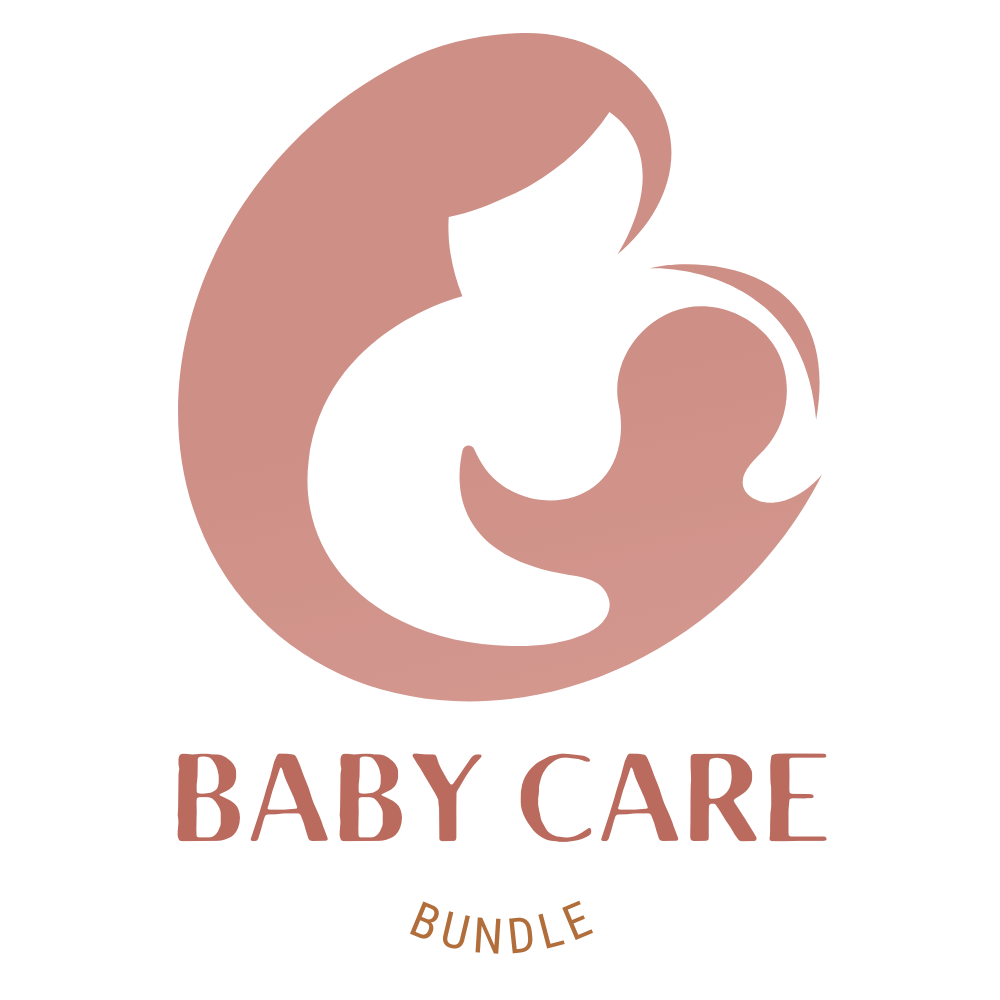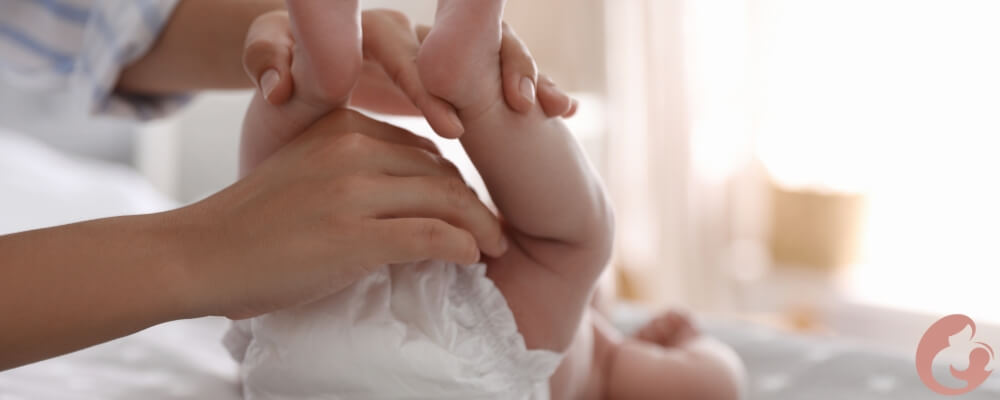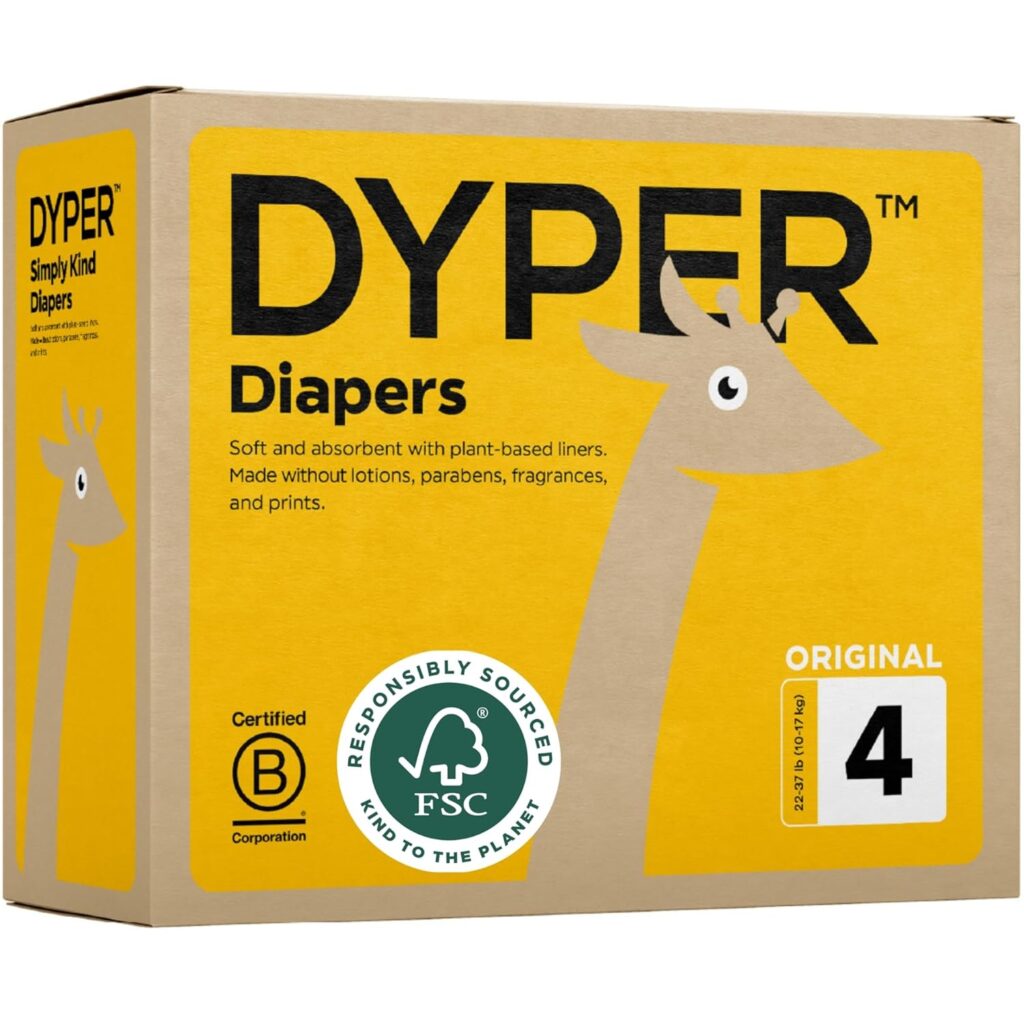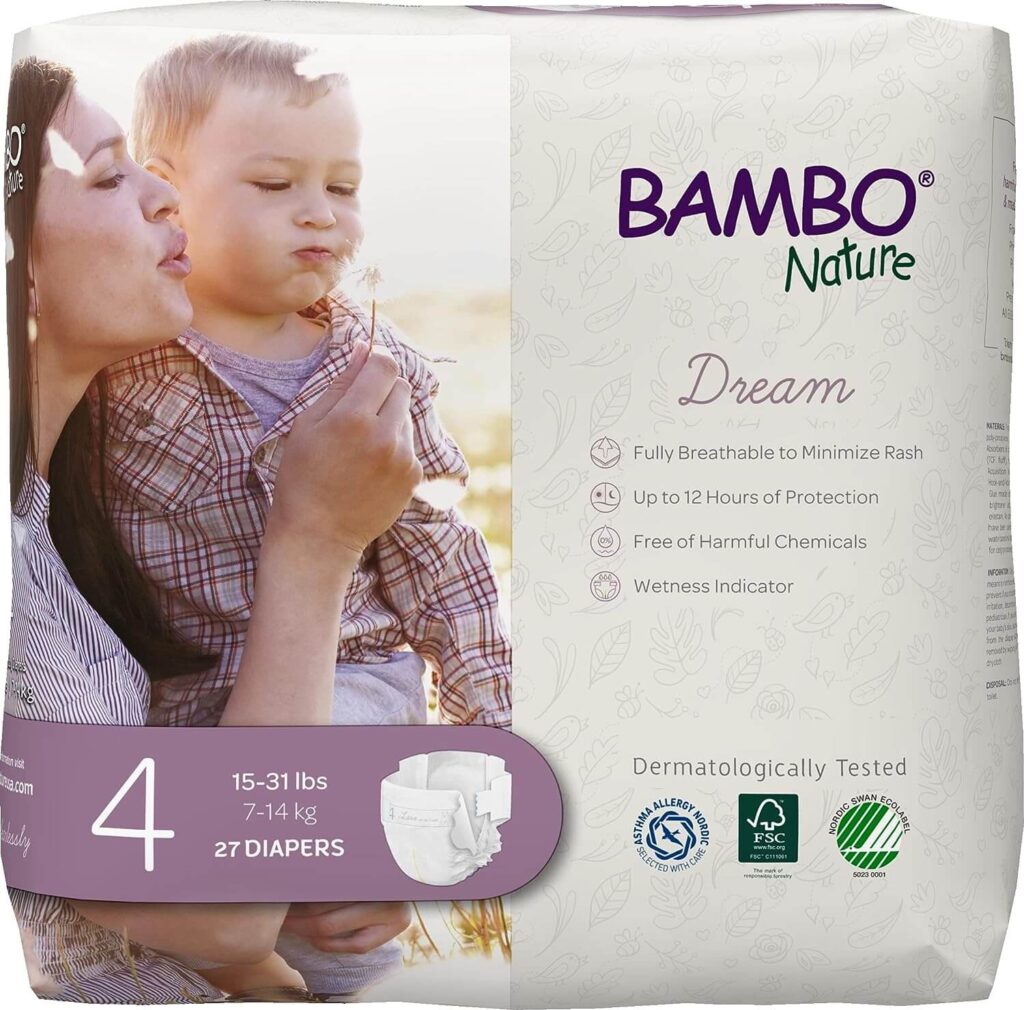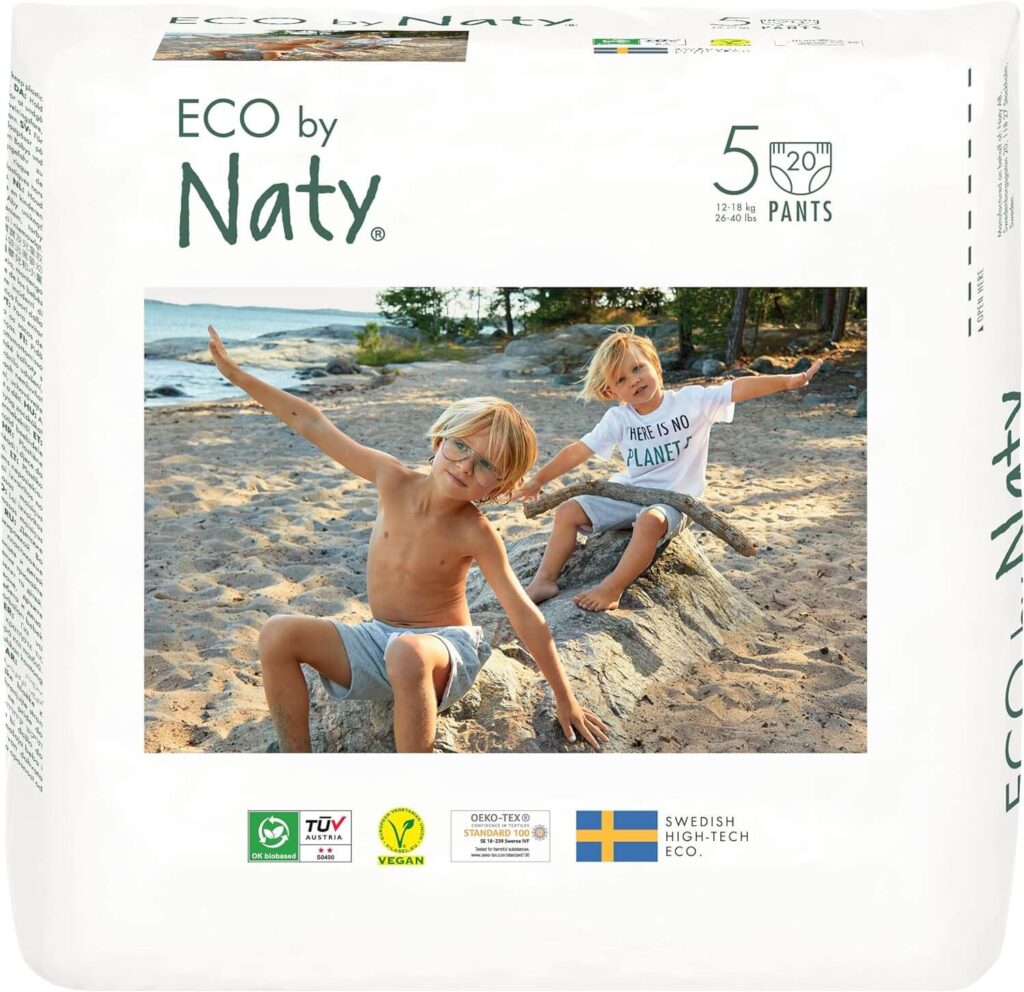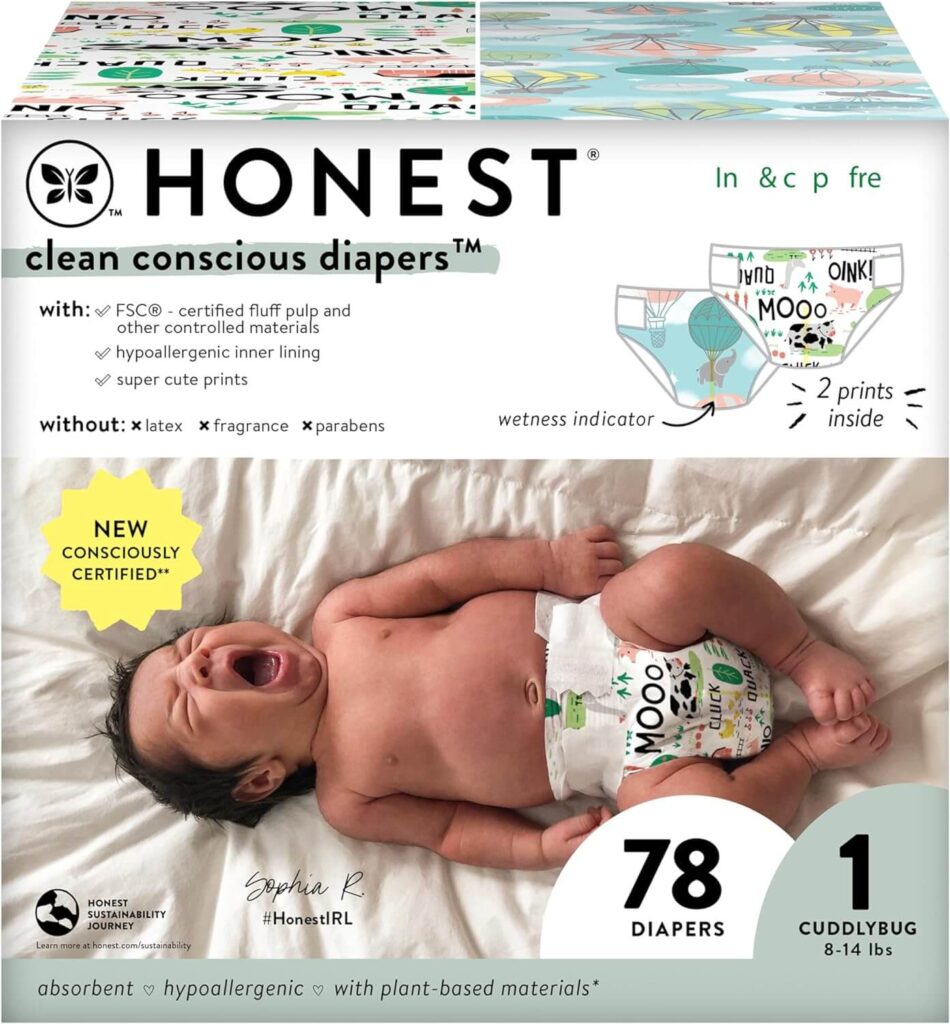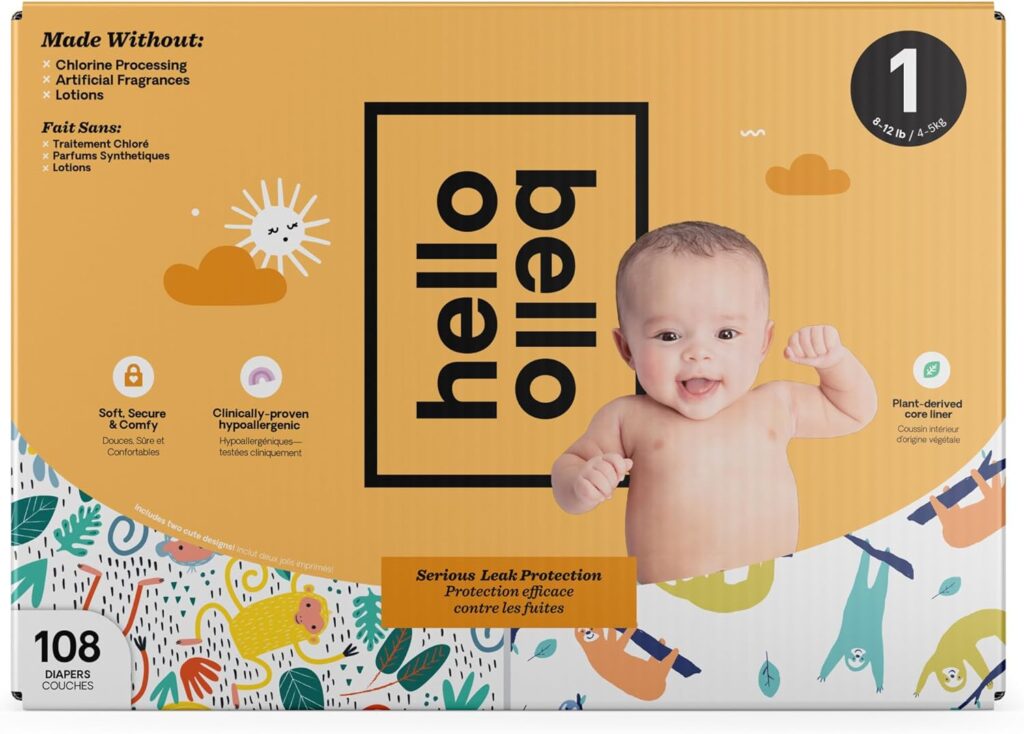There’s a common misconception that all diapers are pretty much the same. Just grab a pack from the store, slap it on your baby, and you’re good to go, right? Wrong! The truth is, what you put on your baby’s skin matters – a lot. Especially when it comes to diapers. If you’ve ever wondered about the safety of Pampers Pure, Honest Company, or even those good old Huggies, you’re not alone. So many parents are concerned about potential chemicals in diapers and what they could mean for their baby’s health.
Why Should You Care About Non-Toxic Diapers?
Let’s be real, babies have super sensitive skin. It’s thinner and more delicate than ours, making it way easier for harmful chemicals to soak right through. Think about it – that diaper is sitting against your baby’s bottom for hours at a time! If it has any questionable ingredients, they could irritate your little one’s skin, causing diaper rash or even allergies.
And it’s not just about the short-term stuff. There’s a growing concern that some chemicals used in traditional diapers could have long-term health effects. Scary, I know. But don’t panic just yet! We’ll break down what you need to look out for.Plus, there’s the environmental impact to consider. Many disposable diapers are made with materials that take forever to break down in landfills. Not cool, right? But the good news is, there are eco-friendly diaper options out there too!
The Nasty Stuff: What to Avoid in Your Baby’s Diapers
Alright, let’s dive into the nitty-gritty. Here are some of the main culprits you want to steer clear of:
- Chlorine: This is often used to bleach the materials in diapers, but it can leave behind nasty byproducts like dioxins. Look for diapers labeled “chlorine-free” or “TCF” (totally chlorine-free).
- Fragrances: They might smell nice, but they can also be major irritants for sensitive skin. Stick to fragrance-free diapers.
- Latex: Some babies are allergic to latex, so if yours is one of them, avoid diapers containing it.
- Lotions: These are sometimes added to diapers for extra softness, but they can also mess with your baby’s skin’s natural moisture balance.
- Dyes: Pretty colors are fun, but not when they’re causing your baby’s skin to break out. Choose diapers without added dyes.
- Phthalates: These chemicals are used to make plastics more flexible, but they’ve been linked to some pretty scary health problems. Opt for phthalate-free diapers whenever possible.
Remember, not all diaper brands are created equal. Some brands, even those that claim to be “natural” or “eco-friendly,” may still contain some of these unwanted ingredients. It’s always best to read the labels carefully and do your research.
Alright, let’s get to the fun part! You’ve ditched the questionable chemicals, now it’s time to find the perfect non-toxic diaper for your little one. You might think all eco-friendly diapers are the same, but trust me, there are some real standouts in the world of non-toxic baby care.
Our Top Picks for Non-Toxic Diaper Brands
Dyper
- Pros: Compostable option (Redyper service), super soft bamboo material, excellent for sensitive skin, no harmful chemicals, sustainable practices.
- Cons: More expensive than conventional diapers, the compostable option requires a subscription service.
- Price: $$ (More expensive)
- Material: Bamboo
- Description: Dyper offers soft, absorbent bamboo diapers that are gentle on your baby’s skin. Their Redyper service allows you to compost soiled diapers, making them an excellent choice for eco-conscious parents.
- Verdict: If sustainability is your top priority and you don’t mind the higher price tag, Dyper is a fantastic option.
Bambo Nature
- Pros: Certified by Nordic Swan Ecolabel and Asthma Allergy Nordic, super absorbent, minimal risk of leaks, soft and gentle on skin.
- Cons: Not as widely available as some other brands, can be a bit bulky.
- Price: $$ (Mid-range)
- Material: Sustainable wood pulp
- Description: Bambo Nature diapers are a reliable choice for parents who prioritize certifications and want a diaper that’s gentle on their baby’s skin.
- Verdict: A great all-around choice for parents seeking a reliable, eco-friendly diaper.
Eco by Naty
- Pros: Plant-based materials, chlorine-free, non-toxic ink, affordable for a non-toxic option.
- Cons: Not as absorbent as some other brands, can be prone to leaks, some parents find them less soft.
- Price: $ (Affordable)
- Material: Plant-based
- Description: Eco by Naty offers a budget-friendly option for parents who want to avoid chemicals in their baby’s diapers.
- Verdict: If affordability is a key factor, Eco by Naty is a good option, but be prepared for potential leaks.
The Honest Company
- Pros: Plant-derived materials, no chlorine, fragrances, lotions, or latex, cute designs.
- Cons: Mixed reviews on performance, some parents report leaks and blowouts, past controversies about ingredient transparency.
- Price: $$ (Mid-range)
- Material: Plant-derived
- Description: The Honest Company diapers have improved their formula and offer a decent option for parents who want to avoid harsh chemicals.
- Verdict: A good choice if you like the brand, but be sure to read reviews carefully and consider potential performance issues.
Hello Bello
- Pros: Affordable, no chlorine, fragrances, lotions, or latex, cute designs, convenient subscription service.
- Cons: Not as eco-friendly as some other brands, mixed reviews on absorbency.
- Price: $ (Affordable)
- Material: Traditional diaper materials
- Description: Hello Bello is a budget-friendly option with fun designs and a convenient subscription service.
- Verdict: If affordability is your main concern and you’re not too worried about eco-friendliness, Hello Bello is worth considering.
A Few More to Consider
- Happy Little Camper: These guys are newer to the scene but have a great reputation for their eco-friendly diapers made with plant-based materials.
- Nest Diapers: Another awesome option made with sustainable materials and free of harmful chemicals.
- Cloth Diapers: If you’re really committed to reducing waste, cloth diapers are the way to go. There are tons of great brands out there with adorable patterns and modern designs.
No matter which brand you choose, make sure to read the label carefully and check for any certifications. And don’t be afraid to try a few different brands to find the perfect fit for your baby’s unique needs.
4. Choosing the Best Non-Toxic Diapers for Your Baby: It’s Not One-Size-Fits-All
You might think that once you’ve found a few non-toxic diaper brands, the hard part is over. But hold on a sec! Just because a diaper is labeled “natural” or “eco-friendly” doesn’t mean it’s the perfect fit for your baby. It’s easy to get overwhelmed by all the choices, but with a little guidance, you can find the diaper that checks all your boxes.
Factors to Consider When Choosing a Non-Toxic Diaper
- Budget: Let’s be honest, non-toxic diapers tend to be a bit pricier than conventional ones. But that doesn’t mean you can’t find affordable options! Hello Bello and Eco by Naty offer budget-friendly choices without compromising on quality.
- Sensitivities: If your baby has sensitive skin, you’ll want to be extra careful about the materials used in the diaper. Look for diapers made with super soft, natural materials like bamboo or organic cotton. And always choose fragrance-free options!
- Environmental Values: How important is sustainability to you? If it’s high on your list, consider brands like Dyper with their compostable option or Bambo Nature with their eco-certifications.
- Your Baby’s Needs: Newborns may need smaller, more absorbent diapers, while older babies might prefer a more flexible fit for crawling and playing. Pay attention to the size and features of each diaper to find the best match for your little one’s stage of development.
Embrace the Trial-and-Error Phase
Here’s the thing, every baby is different. What works wonders for one baby might not be the best for another. Don’t be afraid to experiment with different brands and styles to find what your baby loves best. And don’t get discouraged if you have to try a few before finding the perfect fit.
Where to Buy Non-Toxic Diapers
Thankfully, non-toxic diapers are becoming more readily available. You can find them online at retailers like Amazon, Target, and Thrive Market, as well as in many local stores. Some brands even offer convenient diaper subscription services that deliver right to your doorstep.
Remember, choosing a non-toxic diaper is an investment in your baby’s health and the planet’s future. Take your time, do your research, and you’ll find the perfect diaper to keep your little one happy and healthy.
FAQ: Your Burning Questions About Non-Toxic Diapers
You’ve got questions about non-toxic diapers, and we’ve got answers! Let’s tackle some of the most common concerns parents have:
Q: Are Pampers Pure or Honest diapers really non-toxic?
A: While both brands have made efforts to remove some harsh chemicals, they still might not be as “pure” as you’d hope. Pampers Pure, for example, is elemental chlorine-free (ECF), meaning it’s bleached with chlorine dioxide, not as safe as totally chlorine-free (TCF). Honest diapers have had their share of controversy regarding ingredient transparency. It’s always best to read labels carefully and research individual brands to see if they meet your standards.
Q: Is there a lawsuit against Pampers?
A: There have been lawsuits against Pampers in the past, primarily related to claims of diaper rash and skin irritation. However, it’s important to note that lawsuits don’t necessarily mean a product is unsafe. It’s always wise to do your own research and consult with your pediatrician if you have any concerns.
Q: Are Happy Little Camper or Nest diapers non-toxic?
A: Both Happy Little Camper and Nest diapers are considered non-toxic options. They are made with plant-based materials and are free of harsh chemicals. However, as with any brand, it’s always good to double-check the ingredients list to make sure it aligns with your preferences.
Q: Is Huggies or Pampers better?
A: This is a tough one, as it depends on your priorities. Huggies Special Delivery is elemental chlorine-free, but Pampers Pure has a slightly higher percentage of plant-based materials. Ultimately, it comes down to your personal preferences and your baby’s specific needs.
Q: What is the number 1 recommended diaper?
A: There’s no single “best” diaper, as every baby is different. Some babies thrive with Dyper, while others prefer Bambo Nature. The best way to find your number one is to try a few different brands and see what works best for your little one.
Conclusion: You’re Doing Great!
Choosing the right diaper for your baby can feel overwhelming, but remember, you’re doing an amazing job! By prioritizing non-toxic diapers, you’re taking a big step towards protecting your baby’s health and the environment. Don’t be afraid to ask questions, read reviews, and experiment with different brands until you find the perfect fit.
